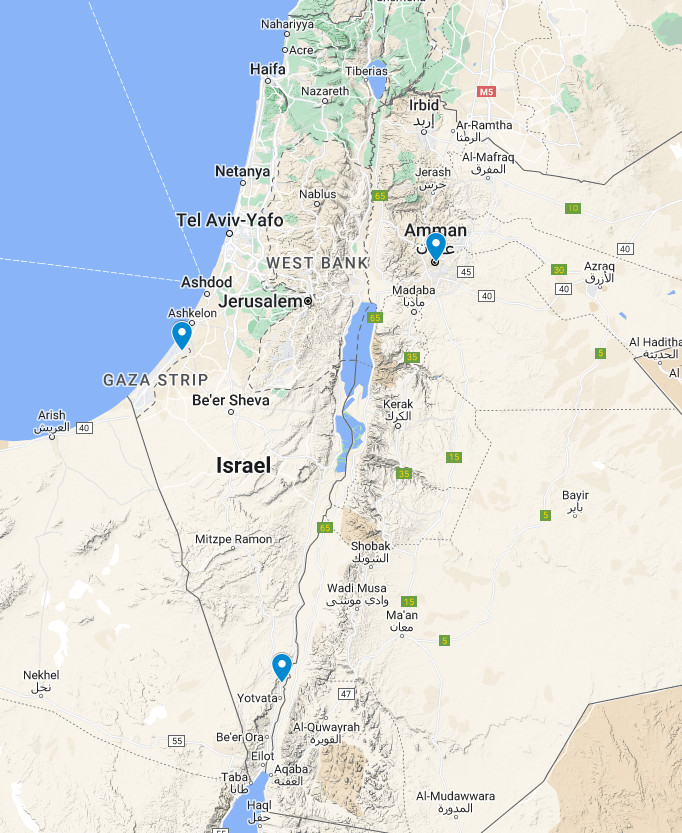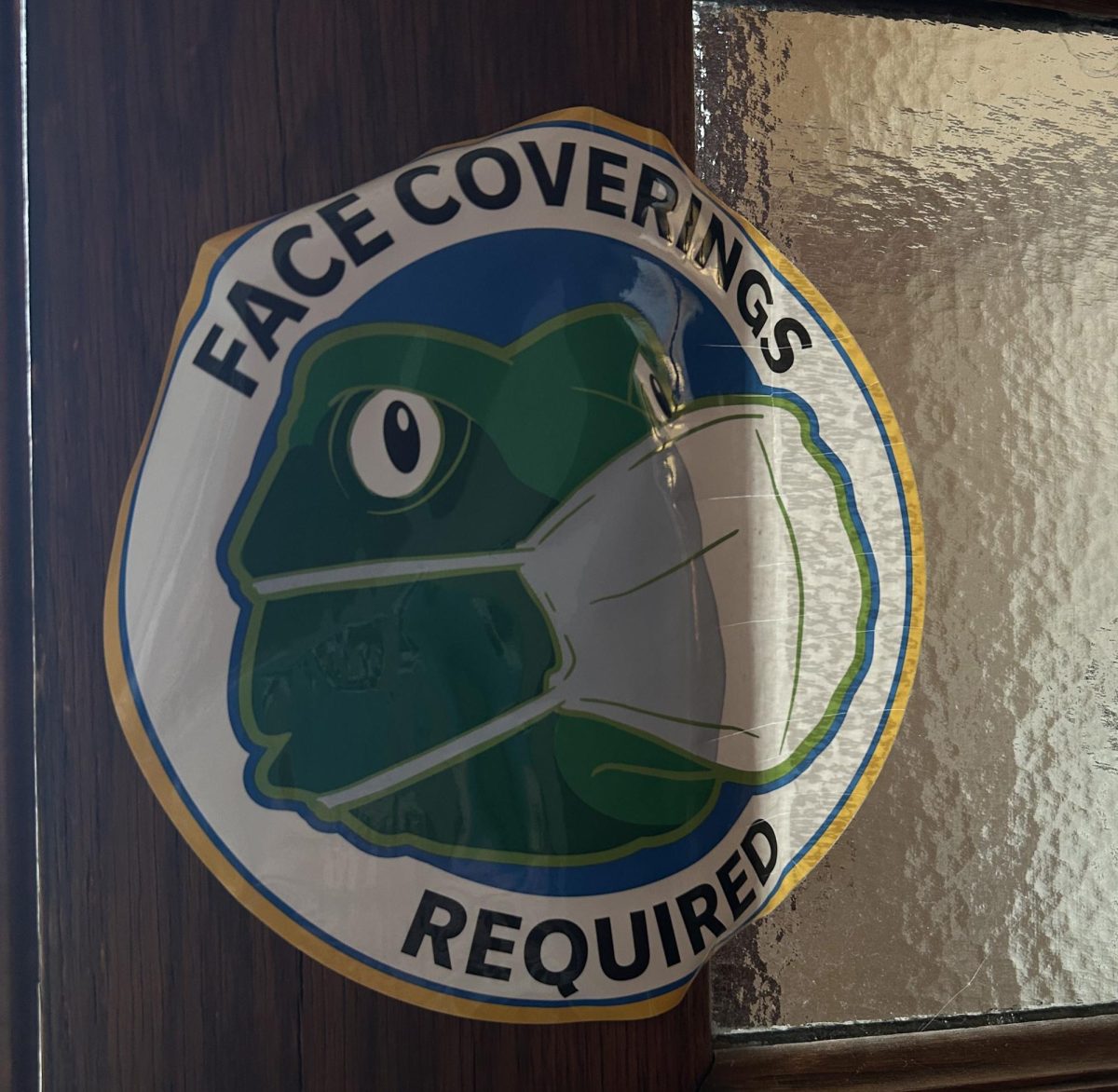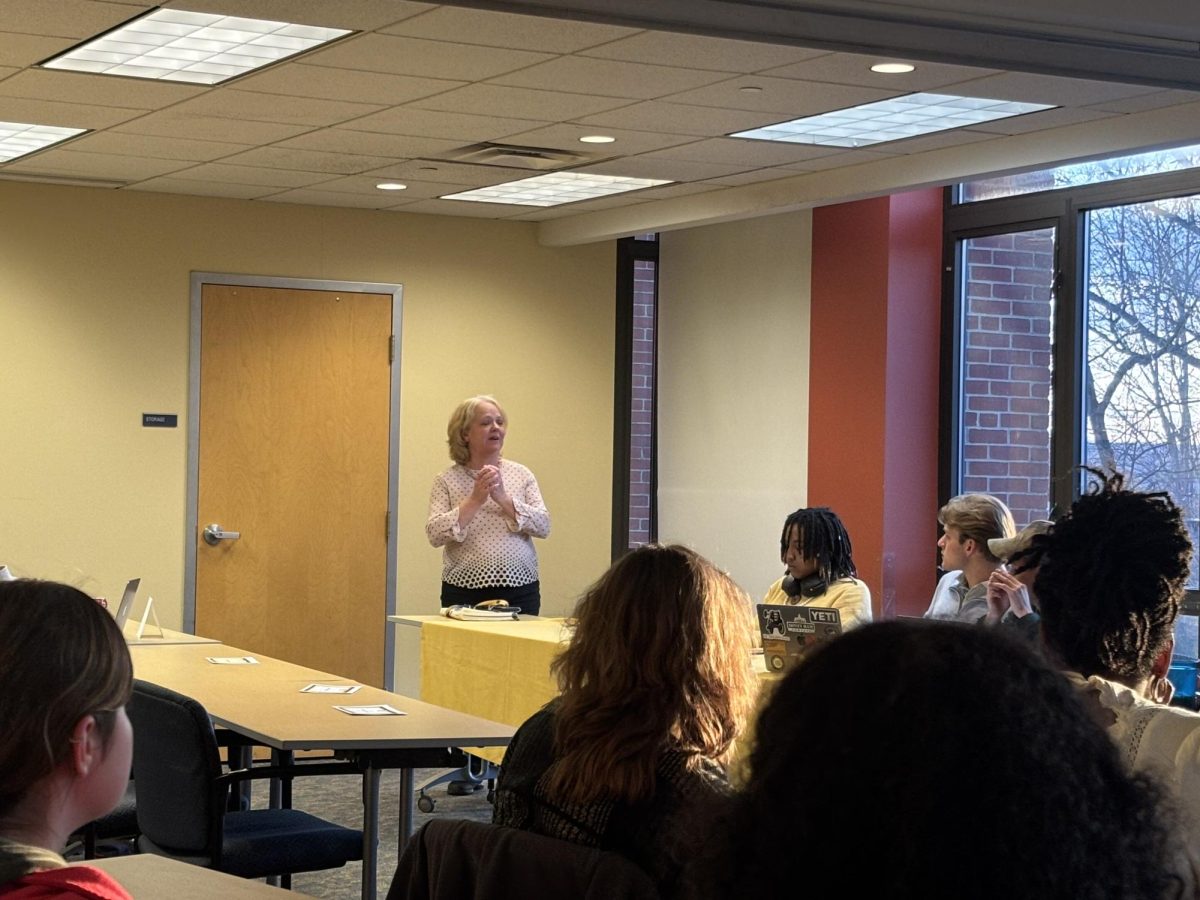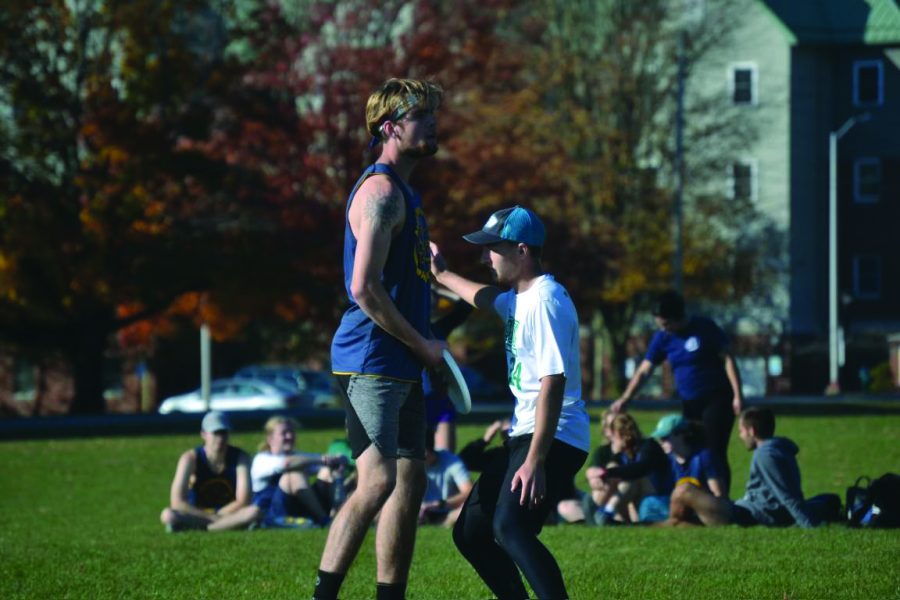Four Allegheny College students are within 100 miles of the current conflict in the Gaza Strip as part of the regular fall schedule of study abroad programs, and college officials say they are actively monitoring the situation as it unfolds.
“Our students’ health and safety is obviously the utmost priority for me and for any education abroad professional,” said Assistant Dean for Global Education Brita Doyle. “We do maintain close contact with our students, especially in times like these.”
Doyle said that one Allegheny student was enrolled at the Arava Institute for Environmental Studies in Kibbutz Ketura, Israel, and three Allegheny students were enrolled at the Council on International Educational Exchange program in Amman, Jordan, for this semester. Kibbutz Ketura is approximately 100 miles southeast of Gaza near the resort town of Eilat, and Amman is about 85 miles northeast of Gaza.
Doyle declined to comment on the students’ current locations or any evacuation plans, citing security concerns.
Those four students are the closest members of the campus community to a new page in one of the Middle East’s longest conflicts. On Oct. 7, fighters from the militant group Hamas broke through the border of the Hamas-ruled Gaza Strip, killed more than 1,400 Israelis and took almost 200 hostages. Hamas says the attack was in response to Israeli attacks on Palestinian women and the Al-Aqsa Mosque, as well as the 16-year-long Israeli blockade of the Gaza Strip, according to CNN.
Israeli forces responded by pushing Hamas back into Gaza, preventing food, water and fuel from entering the strip and bombing the densely-populated territory, CNN reported. An Oct. 13, announcement ordering more than 1.1 million Gazans to move south is a possible indication that Israeli forces will soon launch a ground invasion, CNN added.
Israel and its supporters — including U.S. President Joe Biden — argue that the retaliation is justified retribution for the Oct. 7 attacks, which are considered among the worst in the state’s 75-year history.
However, Israel has also faced intense criticism for its response to Hamas’ strike. Palestinian officials say the bombing has killed more than 3,700 — including more than 1,500 children — and injured almost 12,500, according to The New York Times. Independent experts with the United Nations said in an Oct. 12 statement that the Israeli blockade and airstrikes are collectively punishing civilians and failing to distinguish between combatant and noncombatant targets — which the experts concluded are war crimes.
Amidst all this, the U.S. State Department has issued travel advisories for both Israel and Jordan, which borders Israel and the occupied West Bank.
Israel and the West Bank are both under the second-highest advisory, where travelers are recommended to reconsider their plans due to “terrorism and civil unrest.” The State Department has organized flights out of the country for U.S. nationals from Ben Gurion Airport near Tel Aviv and passage on a cruise ship out of the northern port of Haifa.
Jordan is under the State Department’s second-lowest travel advisory, where travelers are recommended to exercise increased caution and be aware of their surroundings.
Doyle said her office uses the State Department’s advisories in conjunction with additional information to keep track of the situation.
“I also receive daily security assessments from independent security analysts — not just from governmental sources, but independent security analyses of situations that are going on around the globe,” Doyle said.
If an evacuation is deemed necessary, students would either use the State Department resources or services provided by Allegheny’s travel insurance company. That insurance covers evacuation for medical or security reasons.
“Once a point of evacuation is determined necessary, we would review both options — whether it would be quicker for our students to get on one of the US government flights or whether we use our independent security evacuation benefit,” Doyle said.
Doyle also said that evacuation was not the only option; students could have their classes canceled or temporarily shelter-in-place.
“Every situation is different, so it’s hard to say how we respond in times of crises,” Doyle said. “We have to evaluate the specific circumstances of every crisis abroad, and we react based on the specifics of the situation and the advice that we’re seeing.”

















